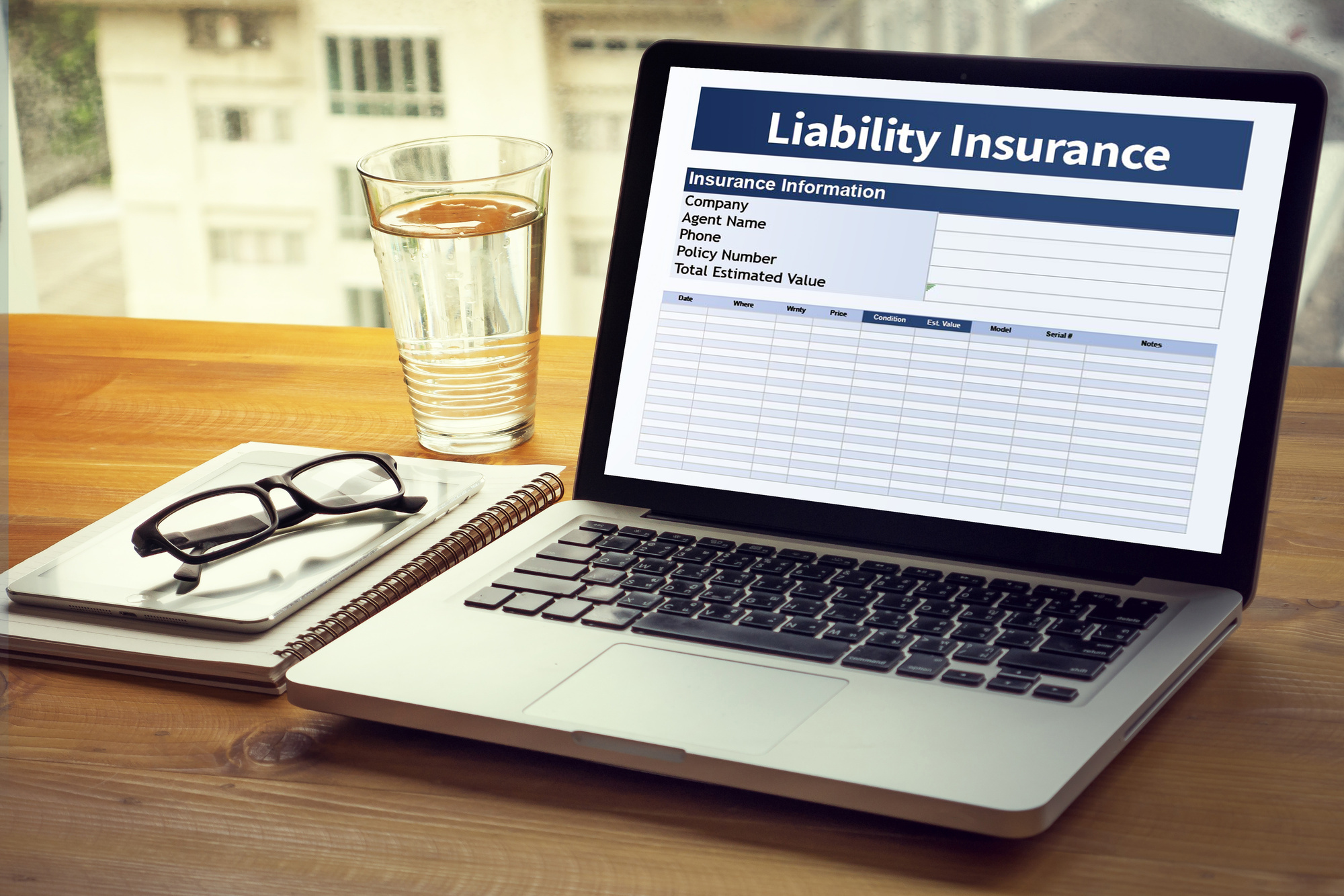 If you run a small business, prepare to brush up on your government relations.
If you run a small business, prepare to brush up on your government relations.
Small business owners in the US are often required to obtain multiple licenses and permits from both federal and state agencies. For businesses that operate in industries that are regulated by a federal agency, licenses and permits are a must.
Additionally, if you are a contractor in California, the state of California requires you to have a contractor surety bond in place before you can receive a license.
This legislation is meant to protect the rights of consumers of your services, and employees of your company.
But what is a surety bond? What purpose does it serve? And should you take one out?
Read on to understand more about these bonds, and how they could work for you.
What are Surety Bonds?
A surety bond is a contract between three parties; the Principal, the Obligee, and the Surety.
The Principal and the Obligee are the two parties that are about to do business together, while the Surety is the third party that oversees the risk.
In a surety bond contract, the Surety guarantees a specific outcome to the Obligee, on behalf of the Principal.
If the Principal fails to fulfill the terms specified in the contract, the Surety steps in to compensate the Obligee fully, or make them whole.
Put simply; the Surety takes on the risk in the transaction from the Obligee. In a way, surety bonds act as insurance for the Obligee.
How Do Surety Bonds Work?
If the Principal fails to meet or fulfill the terms specified in a contract, then the Obligee can file a claim.
Once a claim is filed, the Surety must compensate the Obligee for any losses that are incurred as a result of the Principal’s nonperformance, up to the full bonded amount.
The Surety can then claim the full amount back from the Principal via indemnity.
What Are the Different Types?
There are typically four different types of surety bonds.
Contract bonds provide a guarantee that the principal contractor will fulfill the terms of a contracting project, pay for the materials and supplies required, and pay for any additional sub-contractors that are needed.
Commercial bonds are typically requested by government agencies and protect the interest of the government and the public.
Fidelity bonds protect a company from any potential malpractice or fraudulent activity on the part of an employee.
Court bonds provide protection in case of a loss during court proceedings.
Should You Use Them?
Certain businesses and transactions require a surety bond in place before a transaction can begin. For example, if you operate a business that works with a government agency, you are required to obtain a surety bond.
If the party that you aim to do business with requires assurances that you will fulfill the terms of your contract, you have a few choices.
You can put up your own capital and finances as an assurance, either directly with the Obligee, or with a third party trust. You could also provide an irrevocable letter of credit. Or you can take out a surety bond.
While using your own money as an assurance will save you the cost of a bond premium, the cost of locking away this capital is higher than the actual premium paid to a surety bond provider.
So a surety bond can actually be more cost-effective than other methods because it allows you to maintain liquidity with your assets.
What Do They Cost?
There are many types of surety bonds, and each of them has their own cost structure. However, there are a few basic parameters that are consistent across all bonds of this nature.
The cost of the bond comes in the form of a premium.
When a Principal takes out a surety bond, they are charged a premium by the Surety. This premium value can range between 1% and 15% of the total bond amount.
The premium percentage can vary depending on the credit score of the Principal and the nature of the bond in question.
What Factors Influence the Premium?
When you approach an agency for a surety bond, they conduct a thorough investigation into you, your credit history, and the health of your business.
If you have a strong credit score of 700 and above, your bond premium may be lower. Similarly, if your credit score is lower than 700, you may have to pay a higher premium.
The agency will also look at your company’s past financial performance over the last few years, as well as your expertise and reputation.
This is where companies with a strong track record of performance have a clear advantage. The costs of surety bonds are far lower for them.
Moving Forward
Financial security and risk prevention are key to a business’s success. We understand this completely and offer a wide variety of insurance products and services to protect your interests and investments.
If you’d like more information on our products and services, please do not hesitate to contact us by phone or via email. We look forward to serving you, as well as answering any questions you might have.
We can get you started right away. Give us a few basic details on this page, and we’ll get back to you with a quote. Our commitment is to get back to you on the same day, and within 1 hour if possible.
Whatever your requirements may be, we’re positive we can find the right products and services for you.



